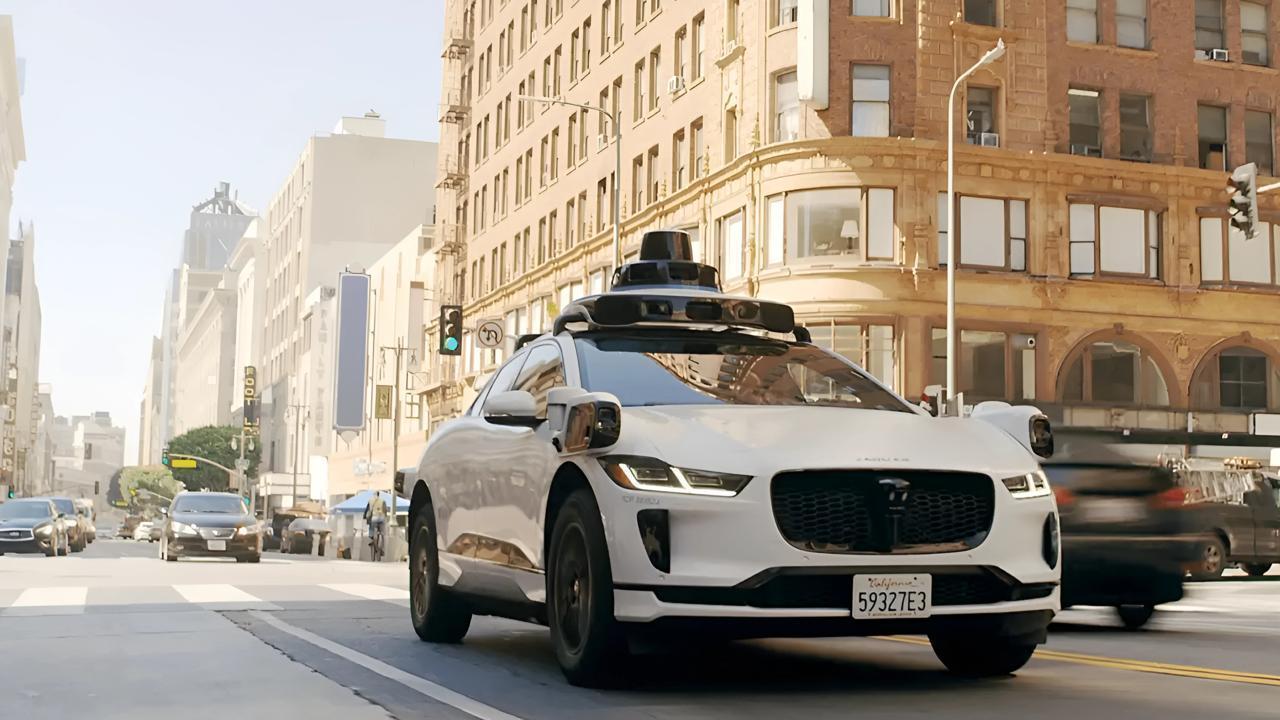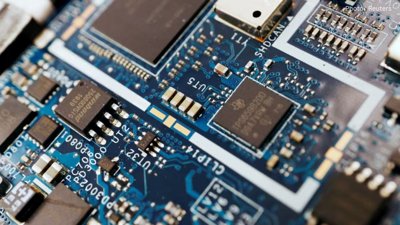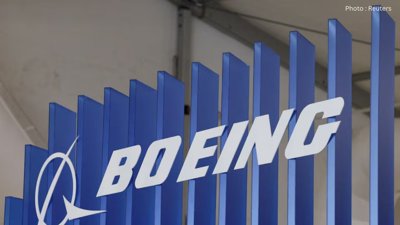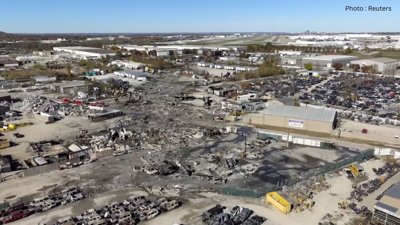
Post by : Amit
Photo: Linkdin/Ann-Mary Rajanayagam
Waymo, the self-driving technology company backed by Alphabet Inc., has officially expanded its autonomous ride-hailing service to Austin, Texas, marking its third major deployment in the United States following successful launches in Phoenix and San Francisco. The company has now begun public testing of its fifth-generation driverless vehicles across key neighborhoods in the Texas capital, with plans to scale up commercial operations in the months ahead.
The launch reinforces Waymo’s position as one of the clear frontrunners in the race to bring fully autonomous taxis to U.S. streets, particularly as regulators, city officials, and the public increasingly weigh the benefits of AI-powered mobility.
Unlike earlier testing phases that included backup safety drivers, the Austin fleet is operating completely driverless, with no human at the wheel. These vehicles are powered by Waymo’s latest fifth-generation AI stack, which includes high-resolution lidar, radar, and vision systems capable of 360-degree situational awareness and real-time decision-making in complex urban environments.
Waymo says the vehicles can navigate Austin’s busy downtown corridors, congested intersections, and mixed-use traffic zones, including interactions with pedestrians, cyclists, and ride-share drop-offs—all without human assistance.
“Our fully autonomous rides in Austin represent a major milestone in making driverless mobility a safe, scalable reality,” said Tekedra Mawakana, co-CEO of Waymo. “We’ve designed this system to understand and adapt to city-level complexity, and Austin is the perfect proving ground for what comes next.”
Austin was not chosen by accident. The city has become an emerging tech hub, known for its innovation-forward policies, progressive transportation planning, and strong support for smart infrastructure. It was also one of the first cities where Waymo began mapping road networks nearly a decade ago.
Currently, Waymo’s Austin service is being piloted in selected east and central neighborhoods, including areas around Downtown, South Congress, and East Austin, with passengers able to hail rides via the Waymo One app. Early access is being offered to members of Waymo’s Trusted Tester program, with broader public availability expected in late 2025.
The fifth-gen Waymo Driver system represents years of refinement, incorporating advanced machine learning, multi-sensor fusion, and edge computing to make fast, accurate decisions on the road. With real-time traffic updates, predictive modeling, and thousands of urban scenario simulations built into its software, the vehicles are designed to operate as safely—if not more so—than human drivers.
Each ride is monitored remotely by Waymo’s operations center, and the company maintains redundant fail-safe protocols for extreme weather or unforeseen events.
Beyond safety, the service promises greater accessibility for elderly passengers, people with disabilities, and those in neighborhoods historically underserved by traditional transit options.
Waymo’s expansion comes amid growing investment and regulatory momentum behind autonomous vehicles in the U.S. Several states, including Arizona, California, and now Texas, have developed frameworks for real-world deployment of driverless fleets, signaling increasing comfort with commercial-scale operations.
Analysts say Austin could serve as a bellwether for broader adoption across mid-size U.S. cities, especially given its unique blend of dense urban zones, high vehicle ownership, and a younger, tech-savvy population open to emerging mobility models.
With the Austin launch, Waymo is continuing to chart a steady course toward a future of on-demand, human-free mobility. As public trust grows and technological safeguards improve, autonomous ride-hailing could soon become a mainstay of city life—not just in Silicon Valley or the desert highways of Arizona, but in the everyday commutes of Americans across the country.
The race is no longer to build self-driving cars—it’s to scale them. And Waymo, with its rollout in Austin, is accelerating fast.
Waymo, Self-Driving Technology










Advances in Aerospace Technology and Commercial Aviation Recovery
Insights into breakthrough aerospace technologies and commercial aviation’s recovery amid 2025 chall

Defense Modernization and Strategic Spending Trends
Explore key trends in global defense modernization and strategic military spending shaping 2025 secu

Tens of Thousands Protest in Serbia on Anniversary of Deadly Roof Collapse
Tens of thousands in Novi Sad mark a year since a deadly station roof collapse that killed 16, prote

Canada PM Carney Apologizes to Trump Over Controversial Reagan Anti-Tariff Ad
Canadian PM Mark Carney apologized to President Trump over an Ontario anti-tariff ad quoting Reagan,

The ad that stirred a hornets nest, and made Canadian PM Carney say sorry to Trump
Canadian PM Mark Carney apologizes to US President Trump after a tariff-related ad causes diplomatic

Bengaluru-Mumbai Superfast Train Approved After 30-Year Wait
Railways approves new superfast train connecting Bengaluru and Mumbai, ending a 30-year demand, easi